Apr 22, 2025
Nylon was invented in 1935 by American chemist Wallace Carothers and his research team at DuPont. Initially developed for textile fibers (such as nylon stockings), its exceptional mechanical strength, chemical resistance, and moldability soon led to widespread industrial applications.
During World War II, its lightweight yet high-strength properties made it valuable for military equipment, including parachutes and ropes. In the postwar era, it began replacing traditional metal and rubber tubes in pneumatic systems, hydraulic transmissions, and fluid transfer applications.
With ongoing technological advancements, nylon continues to evolve to meet the demands of diverse industries. In the current era of automation, smart manufacturing, and environmental consciousness, nylon tubing is poised to progress toward even higher performance, smarter functionalities, and greater sustainability.
As a high-performance engineering plastic tubing material, nylon is widely used in industrial, automotive, medical, and pneumatic systems. Its key properties include excellent mechanical strength, chemical resistance, high-temperature tolerance, and ease of processing.
Outstanding Mechanical Properties
Nylon tubing exhibits high tensile strength and impact resistance while remaining more flexible and easier to install than metal tubing, all while maintaining structural stability. It is suitable for high-pressure fluid or gas transfer. Its smooth surface and wear resistance make it ideal for dynamic piping systems in robotic arms and automated equipment.
Superior Chemical Resistance:Nylon tubing is compatible with fuels, lubricants, hydraulic oils, and other media. It also withstands weak acids, alkalis, and certain organic solvents.
Temperaure Resistance:The operational temperature range typically spans from -40°C to +120°C, with reinforced variants capable of enduring temperatures exceeding 150°C.
Lightweight & Easy Processing:With a density only 1/7 that of metal tubing, it reduces system load. Its quick-connect compatibility (using push-to-connect fittings) allows for tool-free installation. Additionally, it offers customization to meet specific application requirements.
Understanding the properties of nylon tubing is crucial when selecting materials for specialized applications. By evaluating factors such as mechanical performance, chemical resistance, temperature tolerance, lightweight design, and customizability, users can choose the optimal type of nylon tubing for their needs.
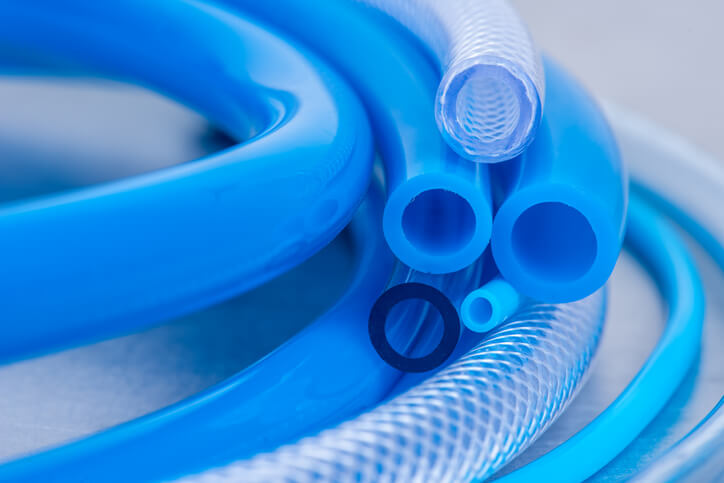
Nylon tubing primarily comes in two forms: extruded nylon tubing and cast nylon tubing. Each type possesses unique characteristics suited for different applications.
Extruded nylon tubing is manufactured through the extrusion molding process, where nylon pellets are melted and forced through a die to form a tubular shape. This type of tubing is widely favored across various industries due to its efficiency and versatility.
Features and Advantages:
High Efficiency: Enables continuous production of long tubing lengths (e.g., hundreds of meters per roll).
Precision: Controls inner diameter and wall thickness with tolerances within ±0.1 mm.
Customization Flexibility: Allows production of varying specifications (0.5 mm to 50 mm) by changing molds.
Applications:Extruded nylon tubing is commonly used in industrial automation, automotive systems, medical and food industries, as well as energy and chemical sectors.
Cast nylon tubing is produced via monomer casting polymerization, where molten nylon is poured into molds and cooled to solidify. Compared to extruded tubing, cast nylon tubing offers higher strength, larger size capabilities, and superior wear resistance, though at a higher cost. It is ideal for heavy-duty industrial applications.
Features and Advantages:
Exceptional Strength & Wear Resistance:Cast nylon has a higher molecular weight and optimized crystallinity, significantly enhancing impact resistance and durability, making it suitable for extreme conditions (e.g., mining machinery, steel rolling equipment).
Large-Scale Production:Unlike extrusion, casting can produce ultra-large diameters (up to 1000 mm) for heavy industrial pipelines.
Low Internal Stress & High Dimensional Stability:The slow curing process minimizes internal stress, reducing deformation risks for precision components.
Enhanced Chemical Resistance:Modified formulations further improve resistance to acids, alkalis, and oils.
Applications:Cast nylon tubing is typically used in heavy industries, engineering machinery, marine and offshore systems, and specialized custom scenarios.
Comparative analysis of characteristics between casting nylon tube and extrusion nylon tube processes:
| Characteristic | Cast Nylon Tube | Extruded Nylon Tube |
|---|---|---|
| Mechanical Strength | Ultra-high (tensile strength ≥90MPa) | Medium (50~80MPa) |
| Wear Resistance | Excellent (3~5 times better than ordinary PA6) | Good |
| Size Range | Can produce ultra-large diameters (DN>500mm) | Typically ≤50mm |
| Temperature Resistance | Short-term resistance to 150°C, good low-temperature impact resistance | General resistance up to 120°C |
| Cost | Higher (suitable for customization, small batches) | Lower (suitable for large quantities) |
Comparative analysis of the industries applicable to the casting nylon tube and extrusion nylon tube processes based on their characteristics:
| Requirement Scenario | Recommended Process |
|---|---|
| Small Batch, Ultra-large Size or Ultra-thick Wall | Cast Nylon Tube |
| High Strength, Extreme Wear Conditions | Cast Nylon Tube |
| Large Batch, Medium to Small Size (<50mm) | Extruded Nylon Tube |
| Low Cost, Quick Delivery | Extruded Nylon Tube |
While nylon tubing offers numerous advantages, it's essential to consider its limitations when selecting materials for specific applications.
UV Resistance:Nylon tubing has poor UV resistance, meaning prolonged exposure to sunlight can cause aging and brittleness. Therefore, it is less suitable for long-term outdoor applications.
Water Absorption:Nylon tubing absorbs moisture, leading to expansion that may compromise sealing performance and assembly precision.
Flammability:Nylon tubing is flammable, requiring careful consideration in applications where exposure to heat or flames is possible.
Cost:Nylon tubing can be more expensive compared to other plastic tubing materials such as polyethylene (PE), polypropylene (PP), and polyvinyl chloride (PVC).
Understanding these limitations is critical when selecting the appropriate material for a specific application. By taking these factors into account, users can determine whether nylon tubing is the optimal choice and avoid unnecessary losses.
Nylon tubing is widely used across various industries due to its unique properties and versatility. Some common applications include:
Nylon tubing is frequently employed in pneumatic and hydraulic systems for air and fluid transfer, particularly in automation equipment and machinery. Its high-pressure resistance, anti-kink and crush-proof properties, and excellent flexibility make it an ideal choice for these applications. Additionally, nylon tubing can withstand oils, solvents, and chemicals commonly used in hydraulic and pneumatic systems, as well as specialized fluids, including weak acids, alkalis, and organic solvents.
Compared to rubber tubing, nylon tubing offers a longer lifespan and superior aging resistance.
PA12 (low permeability): Suitable for gasoline/diesel fuel lines.
Heat-resistant PA66: Used in turbocharged engine piping.
Brake systems: Nylon tubing that meets ISO 4038/SAE J1401 pressure resistance standards can be used in brake lines.
Coolant systems: Nylon tubing resistant to ethylene glycol-based coolants is used in refrigeration system piping.
Medical devices: Transparent PA12 tubing is used in IV lines, ventilator tubes, endoscopes, and dialysis equipment fluid channels.
Food processing: FDA-compliant nylon tubing is used for beer, juice transfer lines, and dairy production equipment (resistant to cleaning agents and high-temperature steam).
Wear-resistant PA6 tubing: Used in automotive wire harness sleeves, robotic cable carriers, and bend-resistant fiber optic protection sleeves.
High-pressure nylon tubing (PA12): Compliant with AMS 3652 aviation standards, used in landing gear and actuator control systems.
Nylon tubing has extensive applications across numerous industries. Its unique combination of flexibility, chemical resistance, wide temperature range, pressure tolerance, and wear resistance makes it an ideal choice for demanding industrial and commercial uses.
Nylon tubing is a versatile material with a wide range of properties and characteristics, making it suitable for various applications across multiple industries. Its excellent mechanical properties, chemical resistance, high-temperature tolerance, ease of processing, and other unique features make it an ideal choice for applications requiring these attributes.
However, nylon tubing also has certain limitations, such as poor UV resistance, high water absorption, flammability, and higher costs compared to other materials. Therefore, these factors should be carefully considered when selecting nylon tubing for specific applications.
Overall, nylon tubing is a reliable and durable material that has proven to be a popular choice for many applications. Its unique properties and versatility make it a valuable addition to numerous manufacturing or production processes, helping to enhance performance and efficiency while reducing maintenance costs.
Fokca is one of many industrial automation companies from china,ningbo.For more Pneumatic Hose and Tubing,nylon tubing and other pneumatic hoses, please visit our website or contact us directly.
You May Interest In
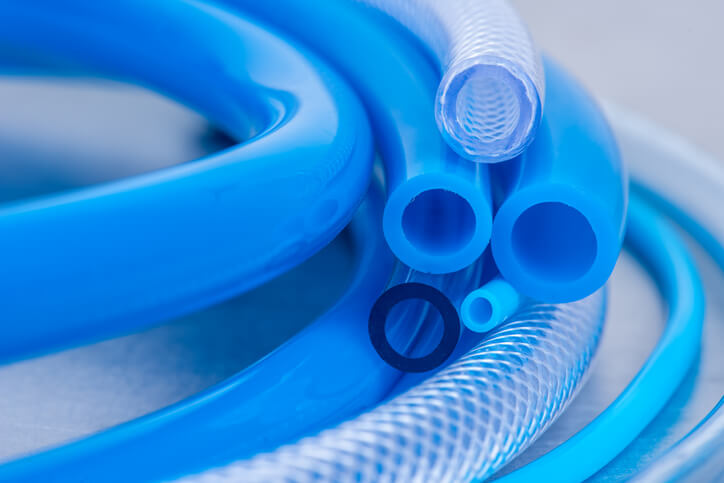
Apr 22, 2025 Blog
Solution for Nylon Tube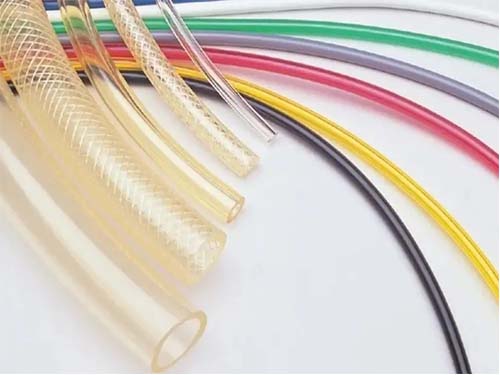
Apr 16, 2025 Blog
PVC Tubing vs. Polyurethane Tubing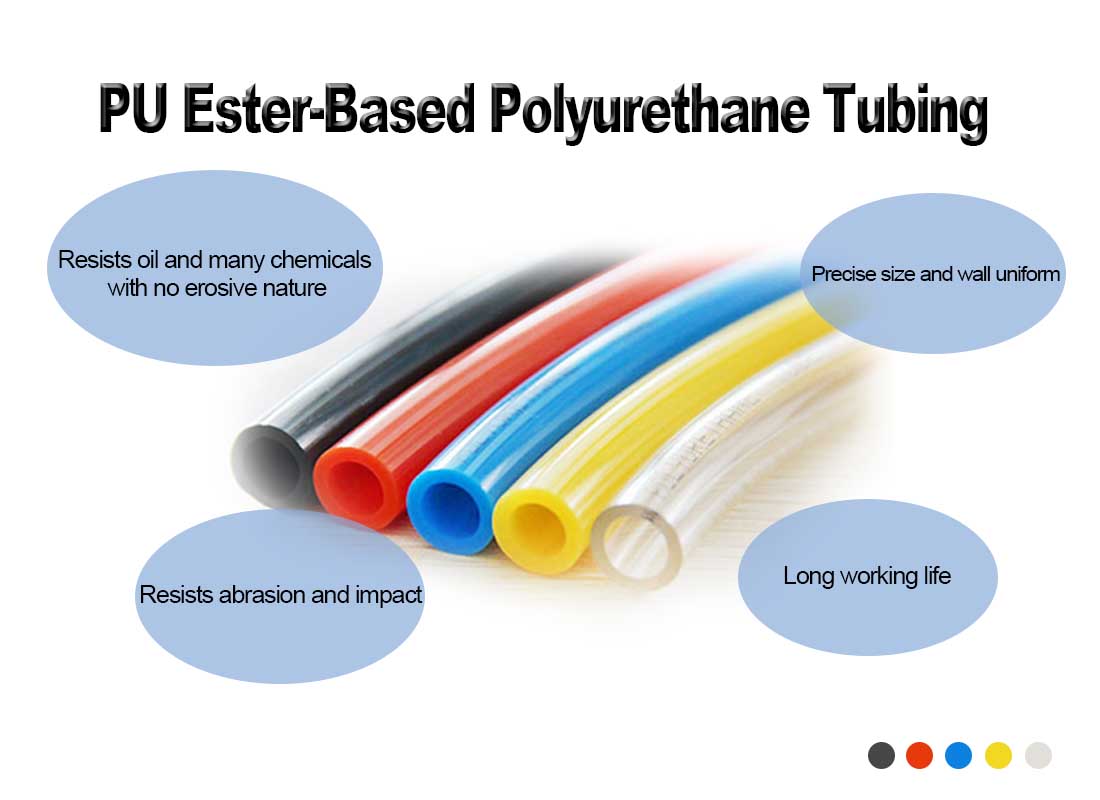
Apr 10, 2025 Blog
What is the difference between pu and pvc
Feb 24, 2025 Blog
How to Identify Hydraulic Quick Couplers?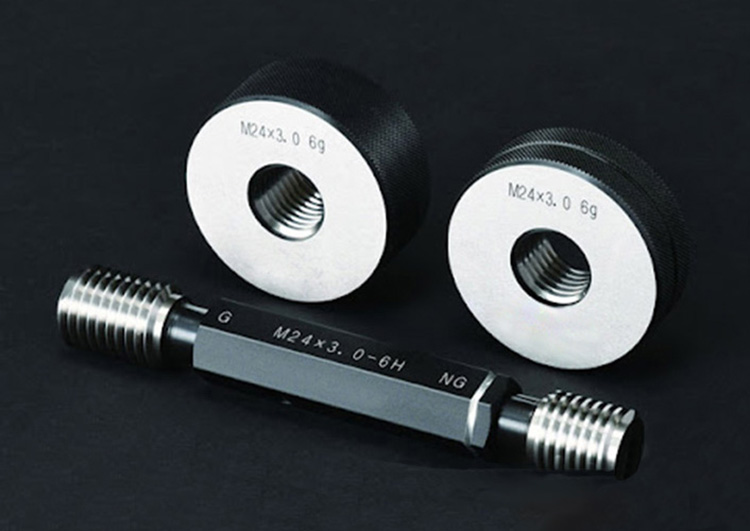
Jan 21, 2025 Blog
How to Measure Pipe Thread?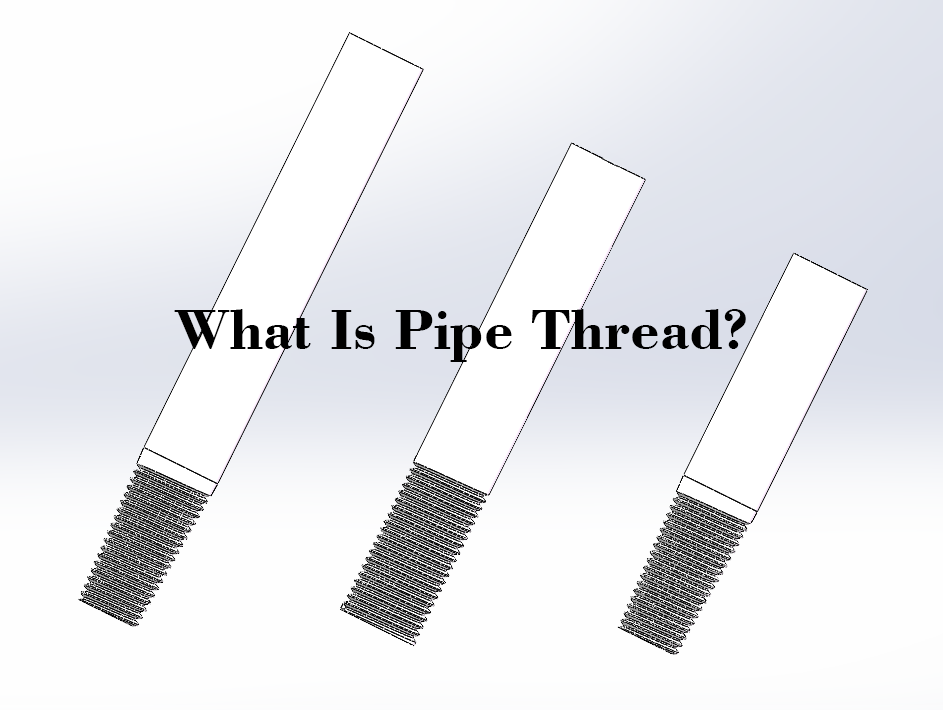
Jan 16, 2025 Blog
What Is Pipe thread?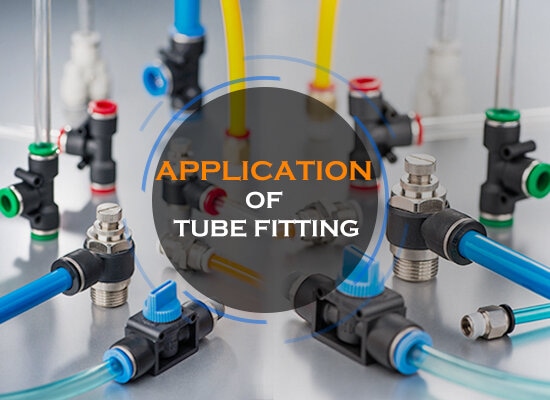
Dec 04, 2024 Blog
Application Of Tube Fitting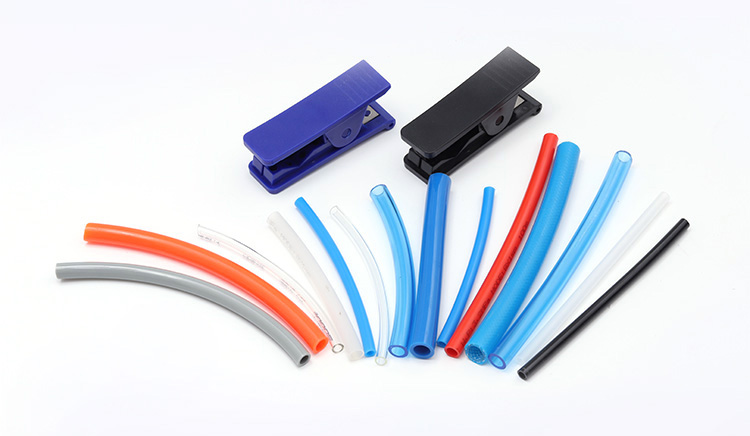
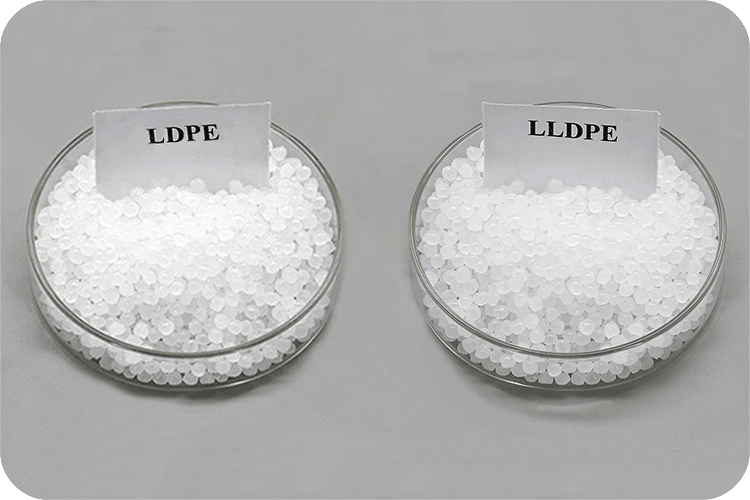
Jun 26, 2023 Blog
What Is The Difference Between LLDPE And LDPE?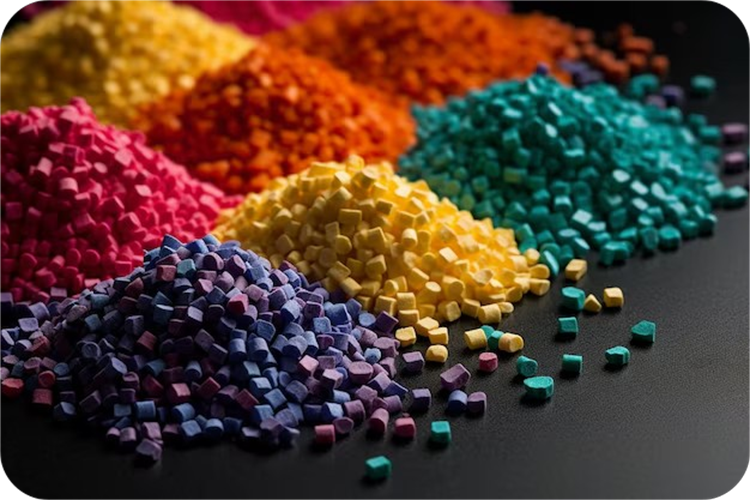
Jan 17, 2023 Blog
What Are The Classification Of Plastics?Links: www.fescolo.com(Pneumatic)
FOKCA ©1998-2025 All Rights Reserved Sitemap